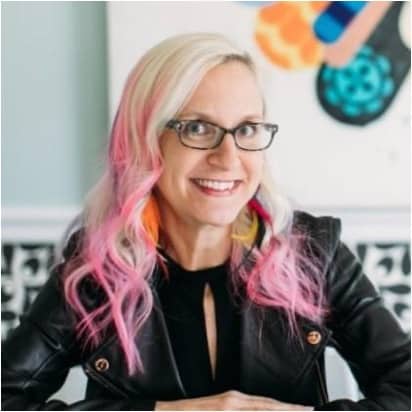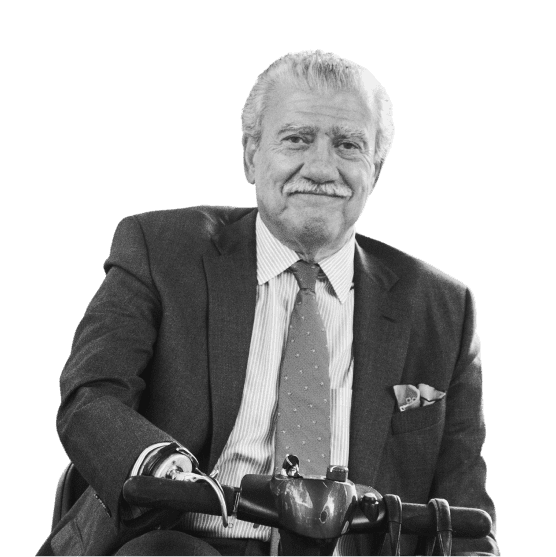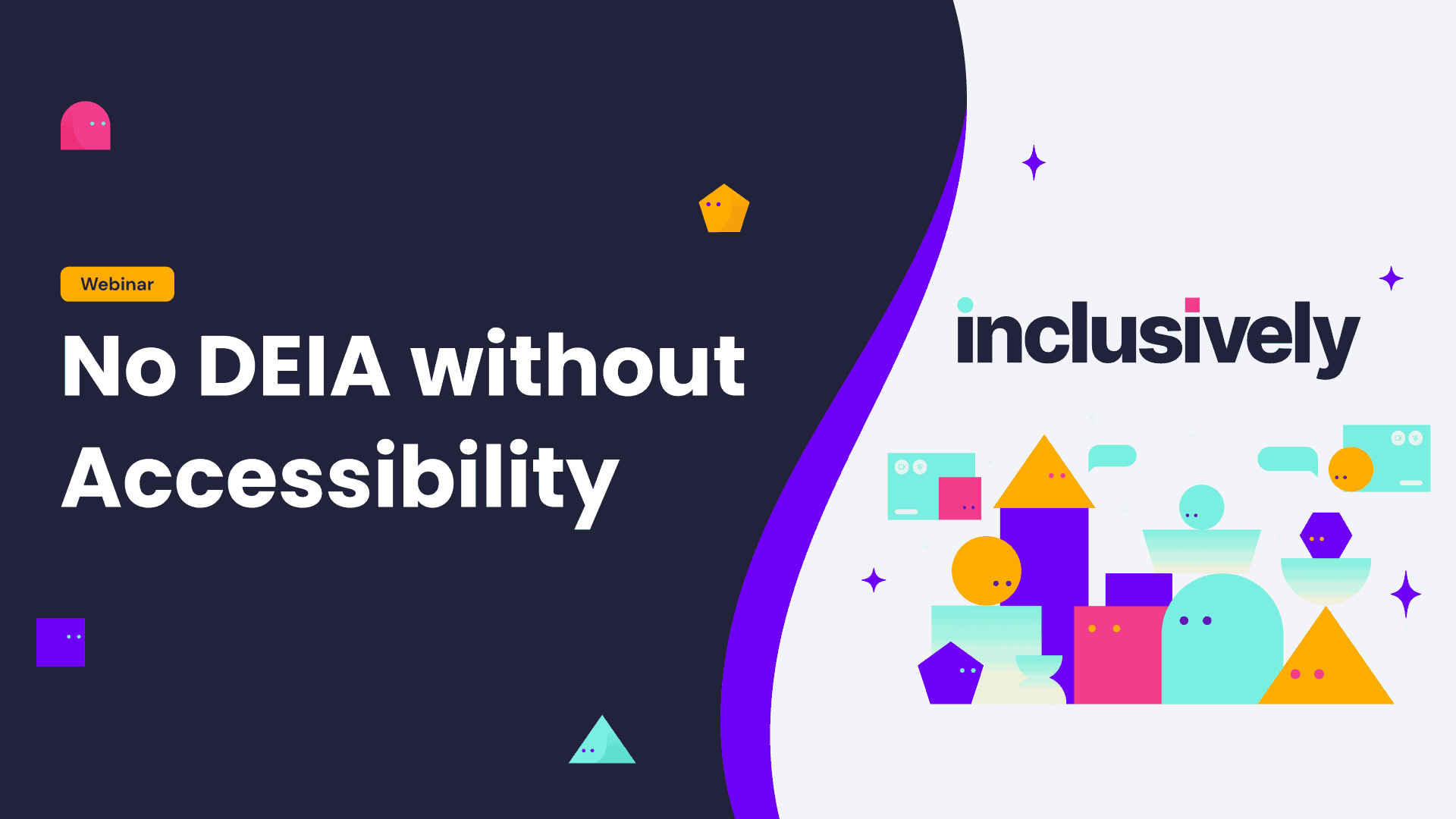Webinar Recap: There’s No DEI without Accessibility
Our webinar explores what the Executive Order on Diversity, Equity, Inclusion, and Accessibility in the Federal Workforce is leading to in terms of accessibility in the workplace.
Please fill out our simple form to access the full webinar.
In June 2021, President Biden signed the Executive Order on Diversity, Equity, Inclusion, and Accessibility in the Federal Workforce into law. Its goal was to “reestablish a coordinated government-wide initiative to promote diversity and inclusion in the federal workforce and expanded scope to include equity and accessibility.” Our recent webinar explores what that change is leading to in terms of accessibility in the workplace.
Charlotte Dales, CEO and Co-Founder at Inclusively, was joined by John D. Kemp, Esquire, a leader in the disability movement and the president and CEO of Lake Shore Foundation. Together, they thoughtfully answered questions regarding the current status of accessibility in the workplace, statistics that define the current workforce, and trending topics regarding accessibility. The conversation covers a broad range of topics including:
- The critical importance of improving attitudes towards people with disabilities
- Affordable and easy workplace accommodations that support all people, extending beyond the disability community
- Accessibility practices that companies can implement to create better processes for employees
The significance of adding an A to DEI
Disability is growing within the population, so adding accessibility to the narrative of diversity and inclusion will become an even more significant issue over time. “To call out that the issue of accessibility is not just to the built environment, but to the access of information and technologies is a big step forward,” explained John.
However, it’s important to note that accessibility doesn’t only apply to the demographic of people with disabilities. “The reason DEI is a problem at organizations is because of access,” shared Charlotte, who also addressed why diverse populations are not represented equitably in companies at large. “Adding accessibility to the DEI equation puts the onus on the company about the actions they’re going to take to make the company more accessible for everyone.”
Benefits from adding accessibility practices
Typically when someone thinks of an accessibility practice in the workplace, they picture physical accommodations like a wheelchair ramp, elevator or a screen reader, but accessibility extends past that. “The accommodations of tomorrow are flexible and personalize the experience for each person,” said Charlotte. “And when you think about it that way, accommodations will benefit everyone, not just the disability community.”
How Inclusively plays a part in accessibility
Charlotte founded Inclusively, an employment networking platform that empowers companies to support workers with disabilities by emphasizing and auto-embedding workplace accommodations into hiring and retention practices, to help organizations create thriving workplaces that are open and inclusive to all.
During the webinar, Charlotte and John explain how accommodations aren’t expensive to implement, but shouldn’t be viewed as a one-size-fits-all application either. “With long Covid and mental health issues rising, accommodations should be made available and accessible to all people” explained John.
Charlotte and the team at Inclusively are working to enrich the applicant pool with more diverse candidates, including people with disabilities. “When you design for the disability community, you’re usually making a better process for everyone,” Charlotte says.
Fill out our form above to keep learning.

Charlotte Dales (She/Hers)
Co-Founder & CEO
Success Enablers
Remote Work

Fully Teasdale
Market Strategy & Research Lead, Inclusively

John D. Kemp, Esquire
President & CEO, Lakeshore Foundation
